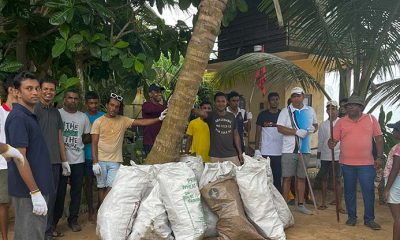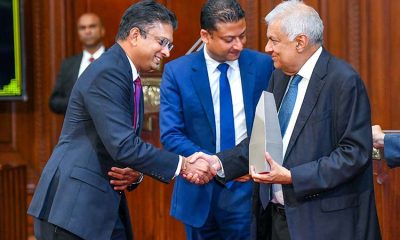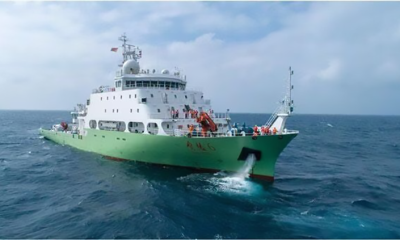News
JVP says at this rate there will be no Sinhala and Tamil New Year celebrations
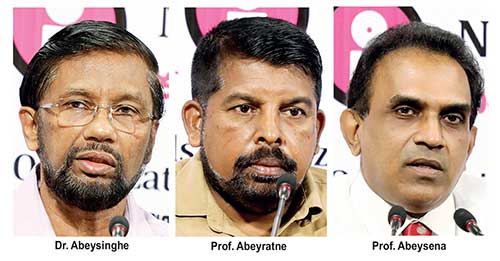
By Saman Indrajith
The JVP led National Intellectuals’ Orgnisation yesterday warned that the number of COVID-19 patients in the Colombo District had doubled during the last four weeks and if the government did not get its act together there would be no Sinhala and Tamil New Year celebrations in April.
Addressing the media at NIO office in Battarmulla, NIO Chairman Prof Chandana Abeyratne said 6,903 COVID-19 patients had been reported from the Colombo District four weeks back and the number had climbed to 15,168. “This is a dangerous trend. A new strain of coronavirus has been detected in England. London and South East England have been locked down. Most European countries stopped flights to/from London and there is a trend of increased spread in the winter. In Sri Lanka too the increase in the number of patients is rapid. The government should at least now take this matter seriously if it has any concerns about the lives of the people.”
Pro. Abeyratne said that the government allowed the propaganda of locally produced syrup as a remedy for COVID-19 because it had no other means to tackle the pandemic. “The government should commence a systematic procedure and should prevent the myths being propagated because people without help will cling onto anything like the herbal syrup which has later been proved a hoax. If it fails to get its act together in facing the pandemic, there would be no Sinhala and Tamil new year celebrations in April.”
NIO member Prof Krishantha Abeysena said: “The government’s anti-COVID-19 drive is now leaderless. Dr Sudharshani Fernandopulle was recently appointed the State Minister of COVID-19 Prevention. But all statutory bodies fighting the pandemic are under a separate minister. She has no power. The Army Commander is now doing the job of a media spokesman. Assistance of the tri forces, the police and all others is needed to fight this pandemic and there should be a centralised mechanism for this purpose. There is no coordination among health sector organisations in fighting the pandemic. We have a strong community health service but it should be properly led and managed with coordination of other sectors to get results. We must all get together and urge the government to make a course correction as regards its anti-COVID-19 campaign.”
NIO Secretary retired Epidemiologist Dr. Nihal Abeysinghe said: “We should learn from the situation in other countries facing the same threat. There is a possibility of a pandemic turning worse and the death toll increasing exponentially. The number of COVID-19 cases in this country has increased 13 times within the past 10 weeks. So, there is the danger the death toll increasing during the next few days. The most important thing at present is to reduce the number of deaths. The majority of COVID-19 patients here die due non-communicable diseases. There should be decisive action to prevent those who are suffering from NCDs from contracting the virus. As per records of the Department of Census and Statistics one out of every three persons above 60 years of age is suffering from high blood pressure. One out of every six in that age group is suffering from heart disease or cholesterol or diabetes. Some have more than one disease. These are the most vulnerable from the COVID-19 virus. As at now there are more than 8,800 in hospitals suffering from the pandemic. So, the hospital staff members are working without a break for the past 10 weeks. These are serious issues.”
Latest News
Minimum daily wage of plantation workers increased to Rs 1700
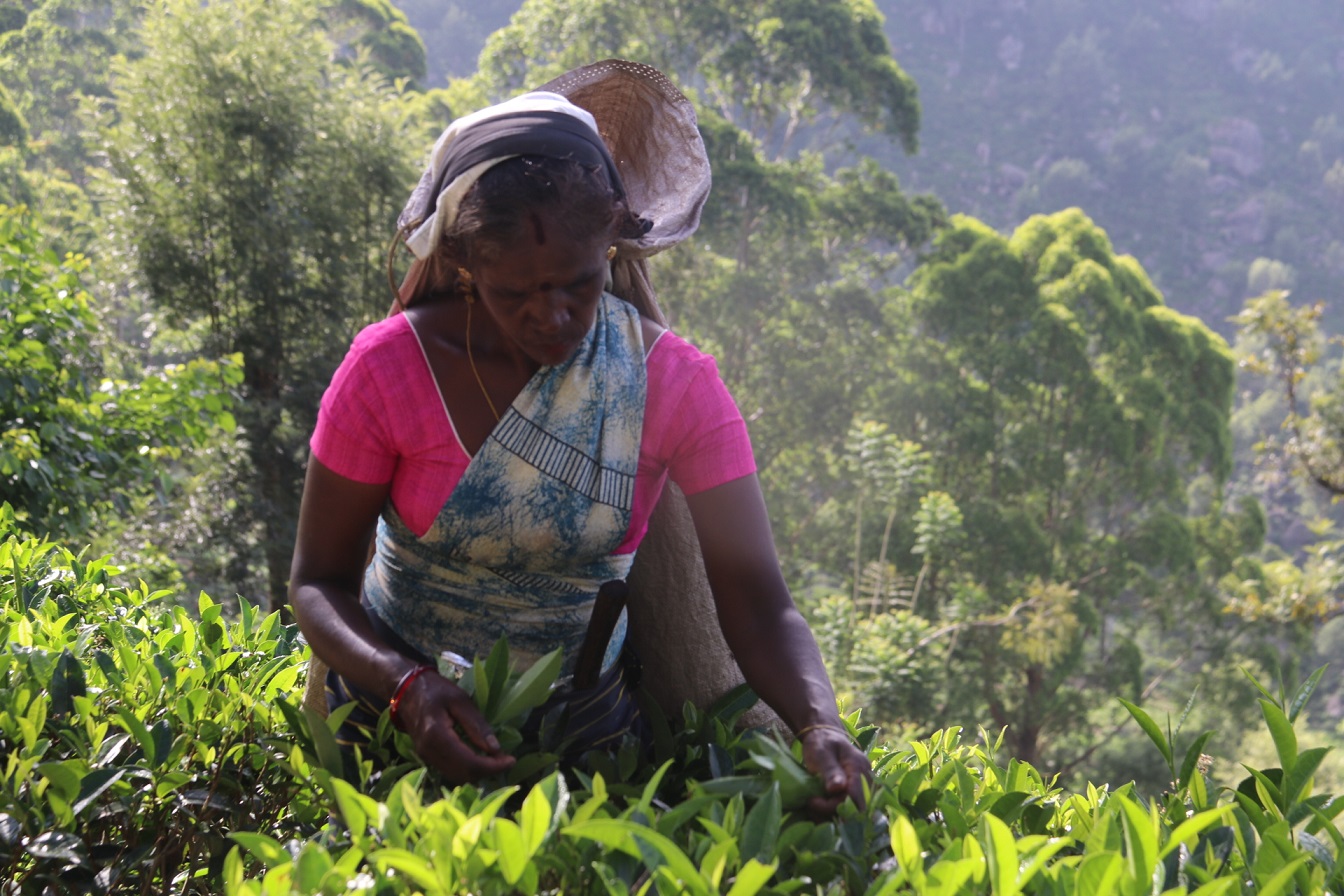
Addressing the Ceylon Workers Congress (CWC) May Day rally in Kotagala this morning (01) President Ranil Wickremesinghe announced that the minimum daily wage of plantation workers has been increased to Rs1700/-
The President said that a gazette extraordinary has been issued in this regard.
News
Prez accused of seeking to gain total control of public finance
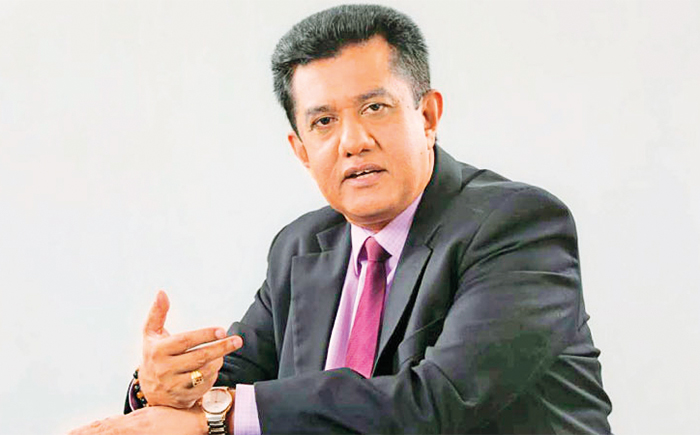
‘Public Debt Management Bill threat to democratic governance’
By Shamindra Ferdinando
Opposition MP Charitha Herath yesterday (30) alleged that the controversial Public Debt Management Bill that had been tabled in Parliament last week was aimed at bringing public sector finance entirely under the Finance Minister.
Claiming that UNP leader and President Ranil Wickremesinghe, in his capacity as the Finance Minister, seemed to be bent on achieving total control over public finance, dissident SLPP MP warned of dire consequences if the ruling party backed what he called an authoritarian move.
Herath dealt with the Public Debt Management Bill at a briefing held at the Nawala office of the Nidahasa Janatha Sabhawa.
Several members of the SLPP dissident group, including Prof. G.L. Peiris and Dr. Nalaka Godahewa, have aligned themselves with the main Opposition Samagi Jana Balawegaya (SJB).
The National List MP said that the proposed Bill would deprive other members of the Cabinet, including the Prime Minister, of powers so far exercised by them pertaining to their ministries and instead subjecting them to the Finance Minister’s control.
Once this Bill received the approval of Parliament, as far as public finance matters are concerned, all other ministries would be irrelevant, MP Herath said.
The issue at hand is that the President happened to be the Finance Minister, MP Herath said. Responding to a query regarding the responsibility of Parliament for public finance raised by The Island, MP Herath said: “In terms of Article 148, all public finances will be under the total control of Parliament. Therefore, the Finance portfolio, being under a person not represented in Parliament, is a matter for serious concern. If public finance is constitutionally under Parliament, the executive shouldn’t, under any circumstances, hold that particular portfolio.”
The Public Debt Management Bill had been formulated in such a way that once Parliament approved it, the Finance portfolio could be held only by a President, the Opposition MP said, asserting that the democratic way of governance was facing an extreme threat.
Asked to explain, MP Herath said that the latest move seemed to be in line with Wickremesinghe’s overall political strategy in the run-up to the presidential election.
MP Herath issued copies of the Bill to the media urging them to vigorously pursue the issue. The SLPPer found fault with political parties and the media for not paying sufficient attention to the developing dictatorial situation.
Referring to the passage of the Central Bank of Sri Lanka Bill on July 20, 2023, MP Herath said that though the UNP had just one National List MP in Parliament Wickremesinghe obviously achieved the unthinkable by craftily exploiting the current situation. The Second Reading of the Bill was passed by a majority of 42 votes, with 66 voting in favour and 24 voting against it.
The Public Debt Management Bill would cause further deterioration of democratic governance, MP Herath alleged, claiming that the President was seeking an apparatus hitherto unavailable to any President to control public finance.
MP Herath claimed that the Wickremesinghe-Rajapaksa government had formulated the Public Debt Management Bill on the basis of the IMF’s recommendations/conditions in the wake of the unprecedented economic crisis that erupted in late 2021. Acknowledging that the country hadn’t been out of the woods yet though the government finalized agreement with the IMF in March 2023 regarding the USD 2.9 bn bailout package, MP Herath said the solution couldn’t be found in an apparatus run by the executive.
Had that happened, there wouldn’t be any meaning to Parliament being constitutionally responsible for public finance, MP Herath said.
The first-time entrant to Parliament said that the UNP leader had no regard for democratic way of governance. The move to break-up the Ceylon Electricity Board (CEB) and privatize various cash cows meant that the UNP leader pursued his same old agenda that had been over and over again rejected by the electorate.
MP Herath urged his colleagues to be mindful of their responsibilities as the President was all out to privatize the remaining public assets.
News
Govt. to ban corporal punishment

The government has decided to prohibit corporal punishment.
Taking to ‘X’, President Ranil Wickremesinghe announced that the Cabinet had approved amendments to the Penal Code and Criminal Procedure Code to prohibit corporal punishment.
Pointing out that UNCRC Article 19 urges protection against all forms of violence towards children, the President has said the Committee on the Rights of the Child, in General Comment No. 8, stresses that corporal punishment must be prohibited in all settings.
President Wickremesinghe has said that the Cabinet approval paves the way for legal protections to ensure that no child in Sri Lanka suffers physical or mental violence.
The President has said the decision to ban corporal punishment was taken in view of the ‘International Day to End Corporal Punishment’, which fell on 30 April.
-

 Business5 days ago
Business5 days agoSri Lanka Resorts of Cinnamon Hotels & Resorts mark Earth Day with impactful eco-initiatives
-

 Business6 days ago
Business6 days agoDialog Axiata recognised as the Most Significant FDI Contributor by BOI
-

 Business6 days ago
Business6 days agoUNESCAP Technical Cooperation Highlights Report flags significant strides in its partnership with Sri Lanka
-

 Business7 days ago
Business7 days agoComBank crowned ‘Best Bank in Sri Lanka’ by Global Finance for 22nd year
-

 Business7 days ago
Business7 days agoCinnamon Lakeside Colombo welcomes Nazoomi Azhar as its new General Manager
-

 News4 days ago
News4 days agoGerman research ship allowed Sri Lanka port call after Chinese-protest led clarification
-

 News4 days ago
News4 days agoSri Lankan Oil and Gas exploration grinds to a standstill amid protracted legal battle
-

 Editorial6 days ago
Editorial6 days agoShocks from Bills












